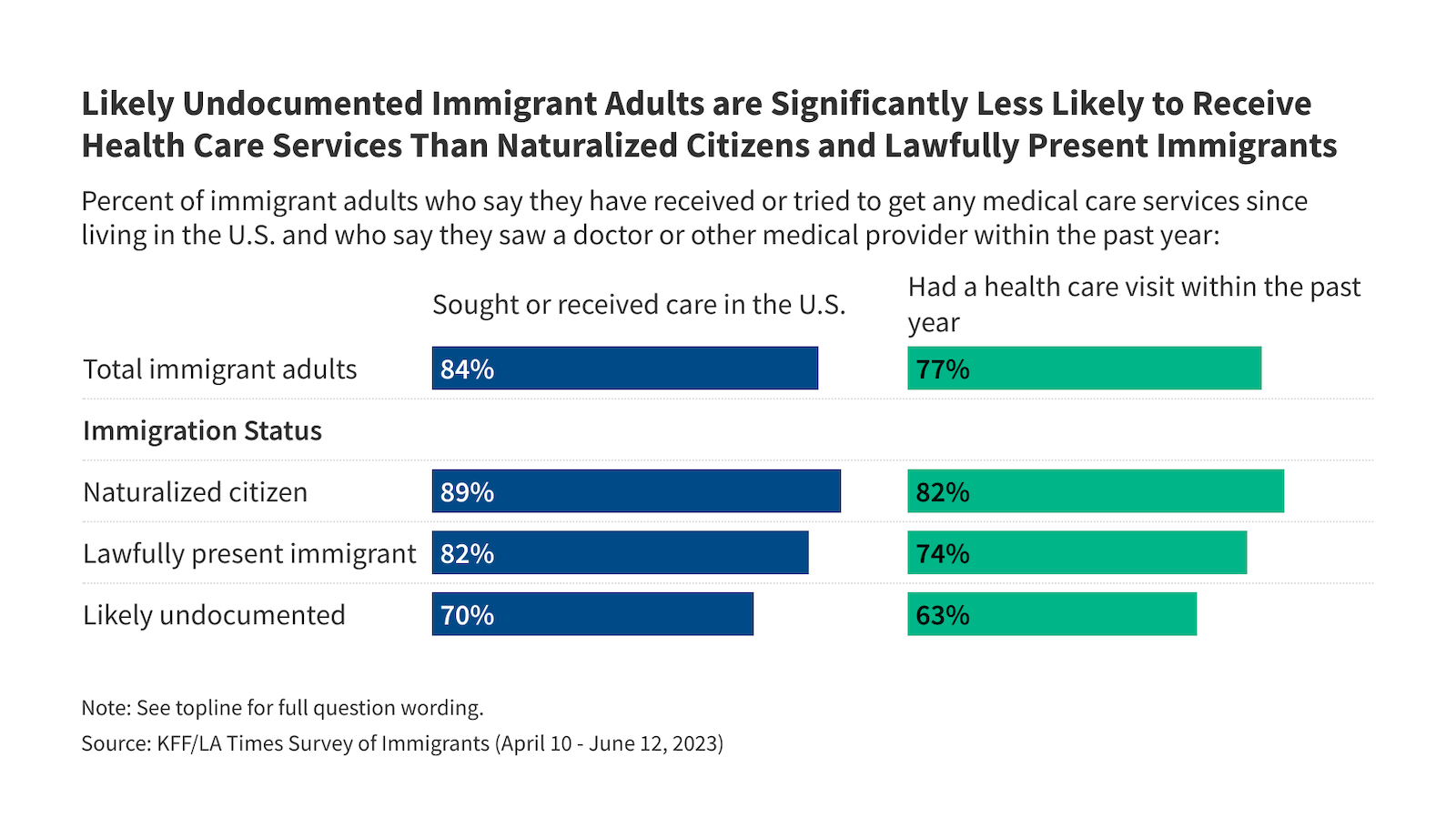
Challenges in Tracking Migrant Healthcare Costs
The South African provincial health departments face significant challenges in managing and reclaiming costs associated with treating undocumented migrants in public health facilities. This issue was highlighted by Health Minister Aaron Motsoaledi during a parliamentary session, where he addressed concerns raised by the Economic Freedom Fighters (EFF) MP Nqobile Mhlongo.
Mhlongo questioned the expenditure on emergency and triage healthcare for undocumented migrants in the 2024/25 financial year. Motsoaledi responded that there is currently no mechanism in place for provincial health departments to recover these unpaid costs from the countries of origin of the migrants. This lack of a formal process has created a financial burden on the public health system.
Additionally, Motsoaledi noted that the department does not segregate data related to documented and undocumented migrants. This lack of data segregation complicates efforts to understand the full scope of healthcare service delivery and its associated costs.
Strengthening Surveillance Systems
In response to inquiries about the capacity of public health facilities, Motsoaledi mentioned that the department is working on finalizing the Integrated Disease Surveillance and Response Strategy. This strategy aims to improve surveillance systems, including better collection of data about patients' nationalities, regardless of their legal status in the country.
The National Health Insurance Act ensures that no one is denied emergency medical treatment, as per the Constitution. Section 27(1) of the Constitution guarantees access to health care services within the state’s available resources. Section 4 of the NHIA outlines who is responsible for paying for elements of their health care, without excluding anyone from accessing healthcare services.
Addressing Concerns from Political Parties
The minister's statements came amid criticism from ActionSA, which accused the department of failing to track the nationalities of patients treated in public healthcare facilities. Activists from Operation Dudula have previously attempted to turn away foreign nationals seeking treatment at public health facilities.
In response to ActionSA MP Kgosi Letlape, Motsoaledi emphasized that healthcare is provided based on clinical need, not nationality or documentation status. He reiterated that no one should be refused emergency medical treatment.
However, Letlape pointed out that without proper tracking, verification, or data collection, the department cannot account for the full scope of service delivery liabilities. He expressed concern over the impact of millions of foreign nationals, many of whom are undocumented or lack medical insurance, using taxpayer-funded public healthcare services.
Systemic Pressures on the Health Sector
Letlape also highlighted that the absence of patient categorization compromises effective planning, budgeting, and policy formulation. The lack of identification or status verification mechanisms means patients are not required to present identification, preventing healthcare providers from verifying legal status or maintaining accurate records.
Motsoaledi acknowledged that the country’s health system is under pressure due to various factors, including budget cuts, infrastructure challenges, and human resources constraints. This clarification was in response to EFF MP Chumani Matiwane, who asked whether the ongoing crisis in the public healthcare system stemmed primarily from structural under-investment, maladministration, and systemic weaknesses rather than the treatment of foreign nationals.
Matiwane also inquired about steps taken to ensure non-discriminatory healthcare access amid increasing public pressure and demonstrations targeting foreign nationals in public healthcare facilities.
Legal and Operational Constraints
Motsoaledi explained that only the Department of Home Affairs has the authority to determine a person’s legal status in the country. While the health department can report high numbers of undocumented patients accessing health services, it lacks the legal ability to know their nationalities.
He further clarified that the department and all health facilities never stop anyone from entering and accessing healthcare services. This commitment to non-discrimination remains a cornerstone of the public health system, despite the challenges posed by the influx of undocumented migrants.
